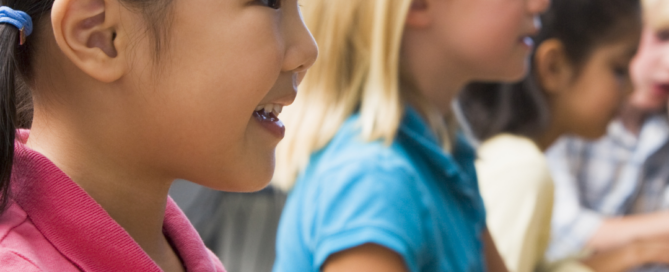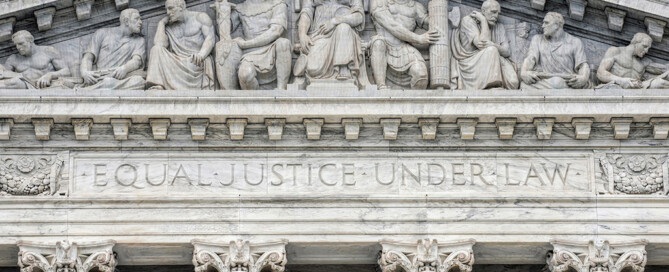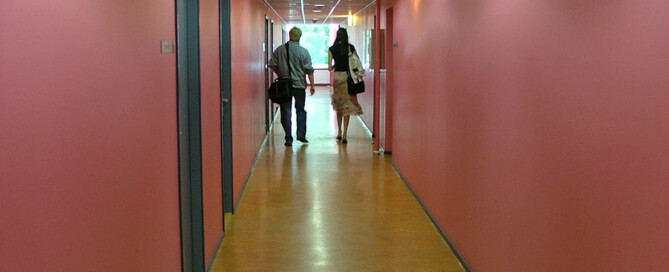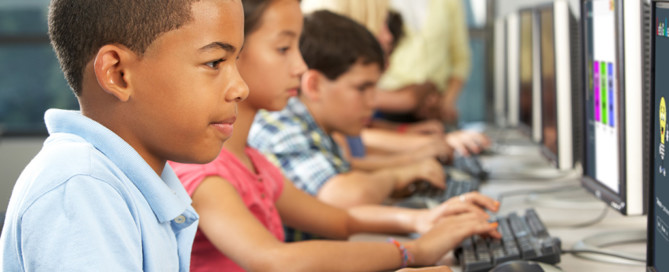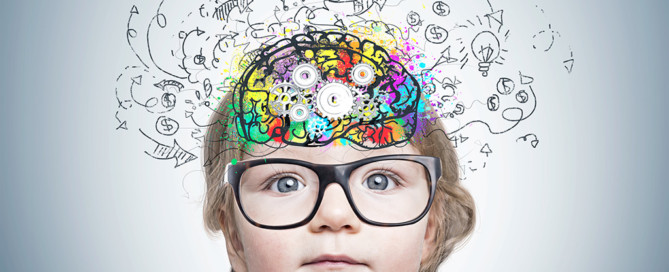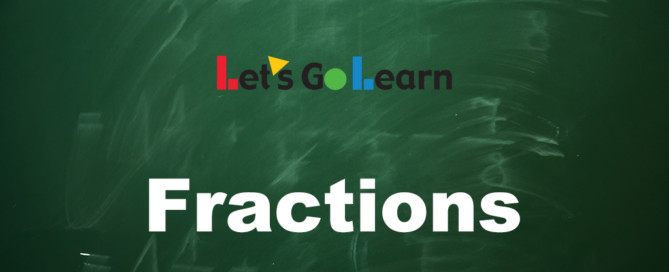Learning Gap Identification Tools: Empowering Educators to Boost Student Success
Learning Gap Identification Tools: Empowering Educators to Boost Student Success In today's diverse classrooms, identifying and addressing learning gaps is crucial for ensuring that all students receive the support they need to thrive. Let's Go Learn, a leading provider of diagnostic assessments and personalized learning solutions, is dedicated to empowering educators with the


